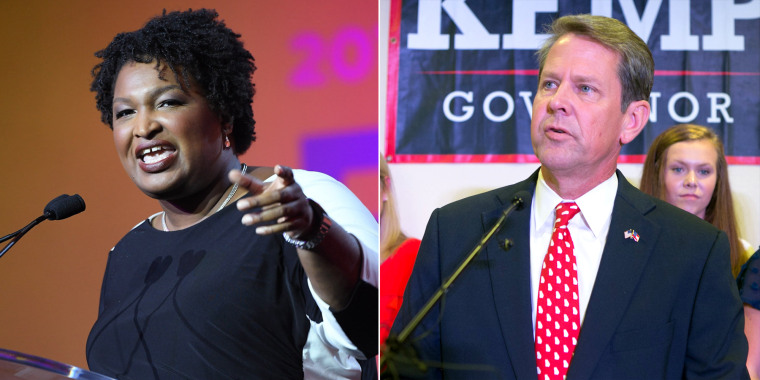
Background: https://www.nytimes.com/2018/10/26/world/americas/what-is-migrant-caravan-facts-history.html
Trumphttps://www.usatoday.com/story/news/politics/2018/10/25/donald-trump-migrant-caravan-asylum-restrictions-mexico-border/1769320002/
As of today, there are estimated 7,000 people traveling with the caravan (2300 of those are estimated to be children). This number is changing as people are dropping off due to illness or exhaustion, while others are joining as well. The caravan's big number attracts the attention of the Trump administration. The caravan consists of mostly Hondurans hoping to escape violence and poverty in their country, but other Central Americans have joined in smaller numbers as well. The people in the caravan are hoping to seek asylum. Initially, locals did not react positively to the caravan. As the migrants entered Mexico they were pushed back and tear gas was thrown. But now, as the migrants have advanced, they have been receiving more support, with residents preparing food and offering free rides. However, Trump does not have the same reaction. The Trump administration is looking for ways to "restrict or block outright [the caravan's] ability to enter the country" (Jackson). Options include sealing the border and "denying asylum applications based on the so called 'travel ban' of 2017" (Jackson). Trump has threatened to seal the border over Twitter. There is controversy over whether the travel ban is a legitimate exercise of executive power. Additionally, Trump is trying to use the caravan situation to his advantage in the midterm elections, hoping to energize the voters. It is said that if migrants do not have a legitimate reason to stay they will definitely be removed. These threats do not seem to deter migrants from leaving their country and journeying to the United States.
Do you think the Trump administration should seal the border? Why or why not?
There are arguments that the migrants could take refuge in Mexico, but they are still heading for the United States. This raises the question: What are there true motives? Are they just looking for refuge from the violence in their countries or is there another motive?
What do you think should be done to address this situation?




